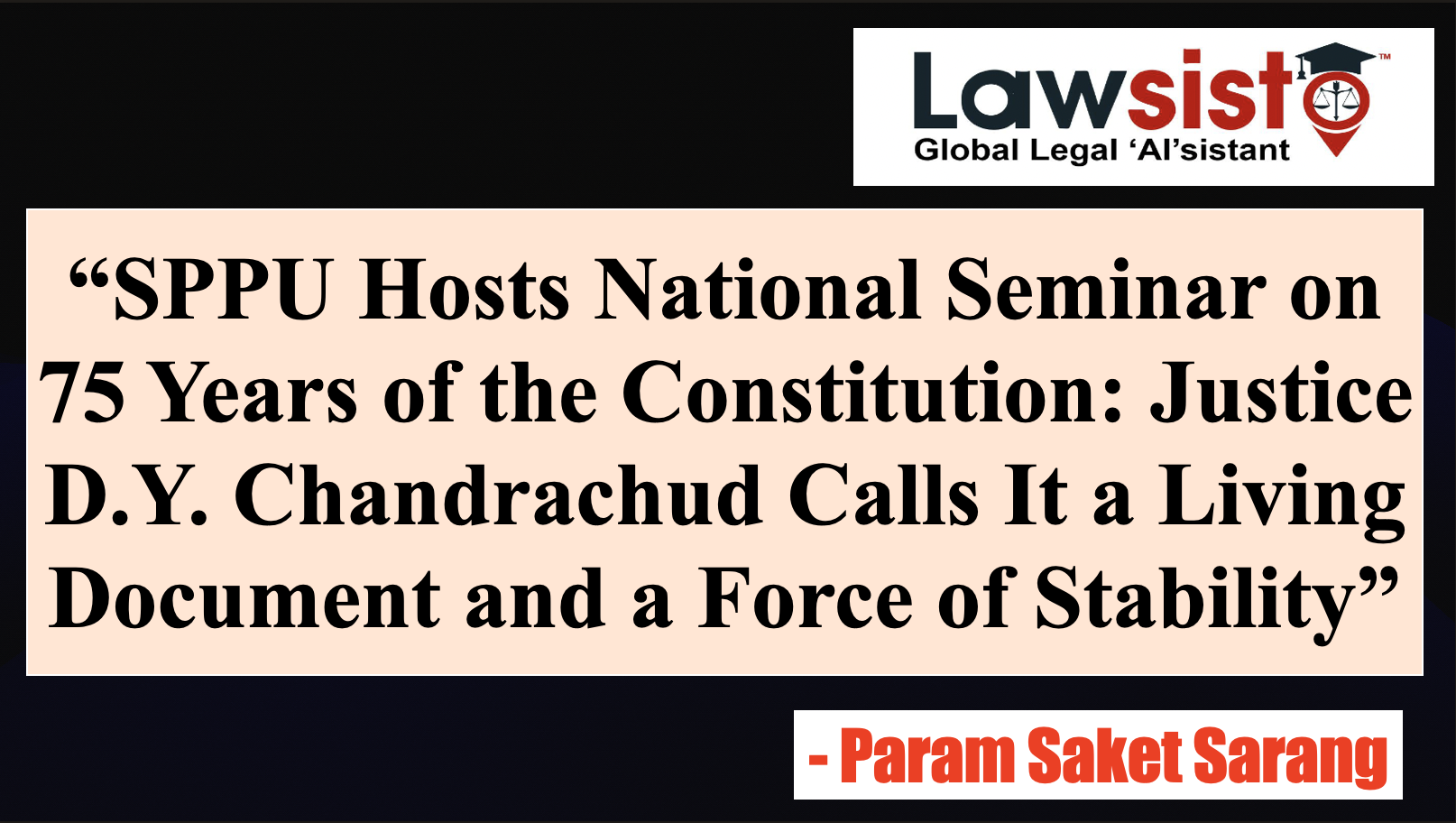Latest Articles
Mercy Petition: The Process

The constitutional framework of india provides mercy petition as a last resort for the convict to seek mercy in case convicted with death penality. mercy petetion can be presented infront of the president under Article 72 and governor of the state under Aticle 161 of Indian Constitution.
Grounds on which mercy plea can be appealed are: physical fitness, age, law being too harsh, or the convict being the sole bread winner of the family.
To proceed with the process of mercy petition, a convict with death sentence must be given permission by a High court first.
The law states " The death sentence convict has an option to appeal to the Supreme Court. If the Supreme Court either refuses to hear the appeal or upholds the death sentence, then the convict or his relatives can submit a mercy petition to the President of India(Art. 72) of the Governor of the State(Art. 161)".
There is no statutory written procedure for dealing with mercy petitions, but after exhausting all the reliefs in a court of law, either the convict or his relative on his behalf can submit a written petition to the President. The petition should be filled within seven days after the date on which the superintendent of jail informs him about the dismissal of the appeal or special leave to appeal by the Supreme Court. The Home Ministry after consulting with the concerned State Government discusses the merits of the petition before going to the President. After consultation, the petition is sent to the President with recommendations for his decision. Here, the President either approves or rejects the petition.
Pardoning power shows a human touch to the country's judicial system, where it is not only obliged with law aspect.
As the president and Governor heave the pardoning power, the need for the same is because " every civilized country recognizes and provides for the pardoning poser as an act of grace and humanity in course of law".
While former President Pranab Mukherjee had rejected 24 mercy pleas.Delay in executing a death sentence can make the punishment inhuman and degrading, is a view recognized by the State courts.
As the legitimate objective of any punishment is to confirm pubic good and public welfare at last, so the Pardoning power can be taken as a consideration.
Supreme court in 2014, under a landmark judgement, humanized the way the State deals with death convicts whereby a convict cannot be executed for 14 days after the rejection of his plea by giving 14-day notice for execution " allows the prisoner to prepare himself mentally for execution, it allows the prisoner to have the final meeting with his family members. It is the duty of the superintendent of jail, that the family members of the convict receive the communication of rejection of the mercy petition in time".
Mercy petition's timely disposal may prove to be helpful in the interest of society and the convict considering the period of imprisonment undergone, magnitude of the offence, age of the prisoner, health of the prisoner, prison record, remorse and atonement, deference to public opinion etc.
















































































































































































































































































































































































































































